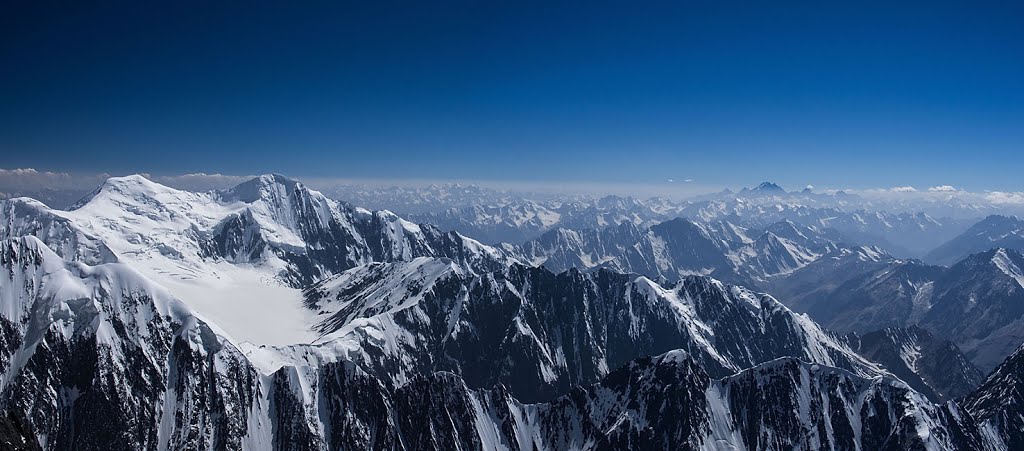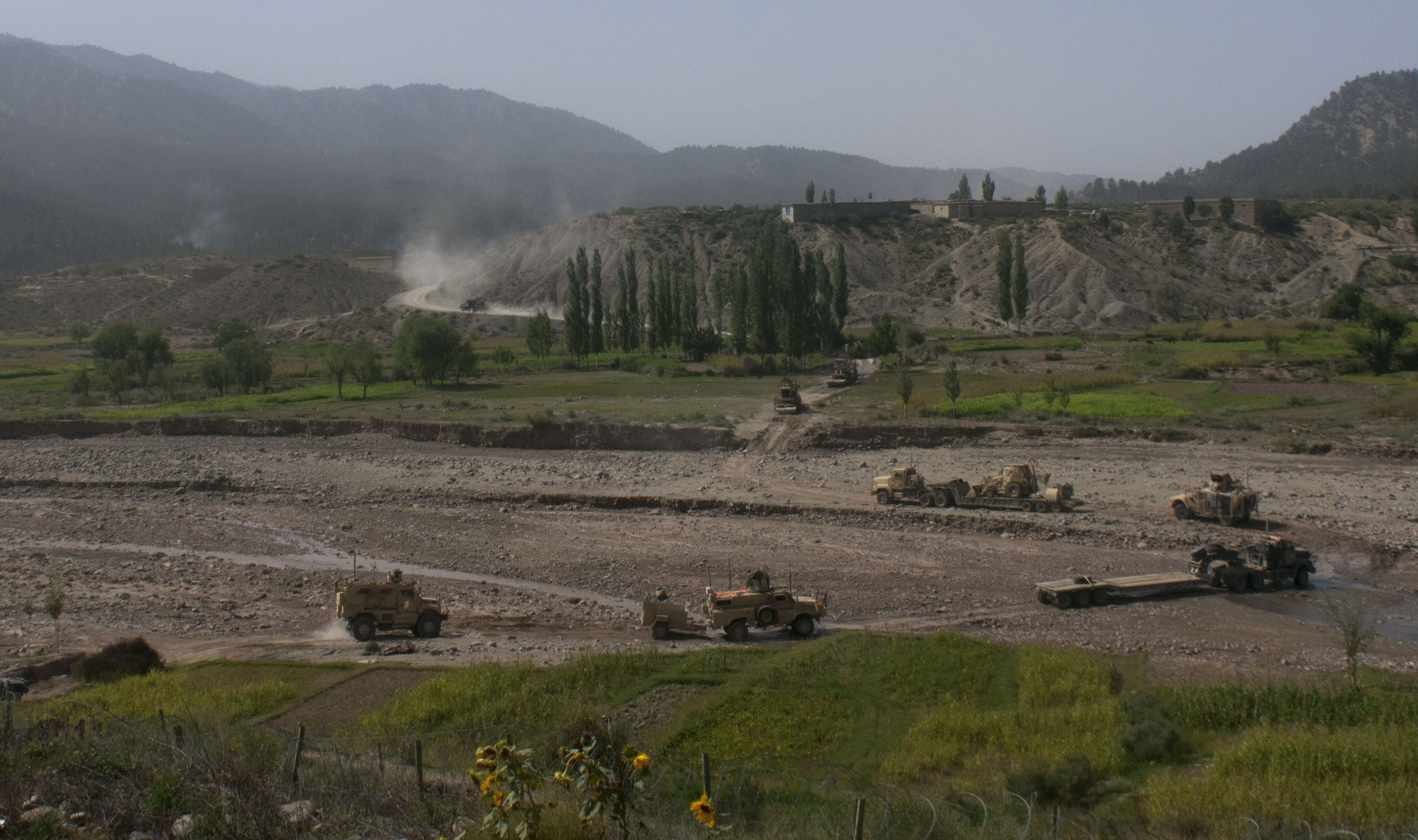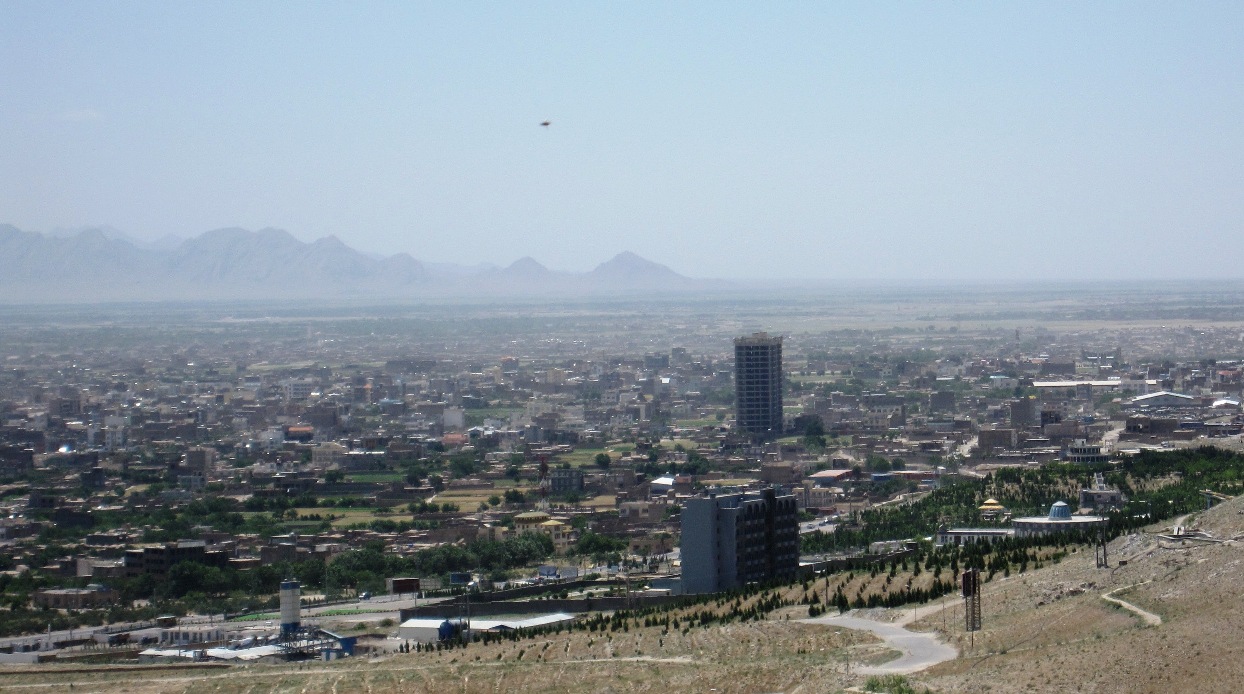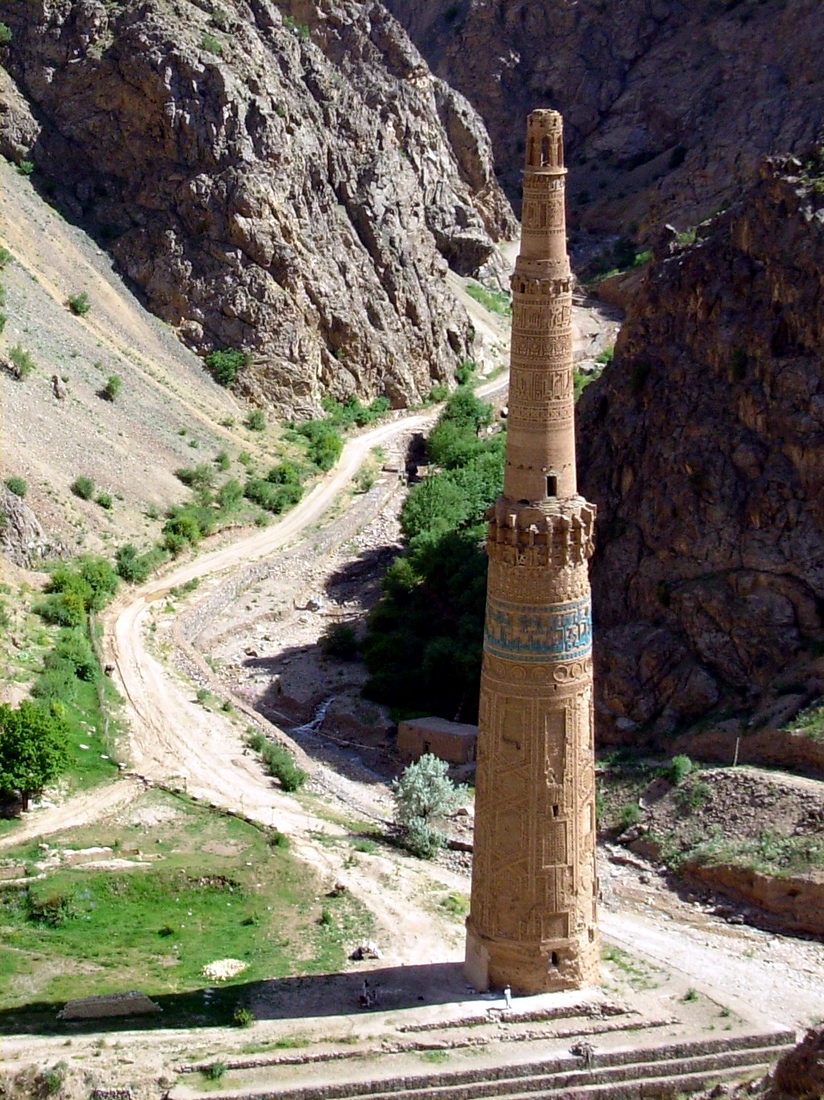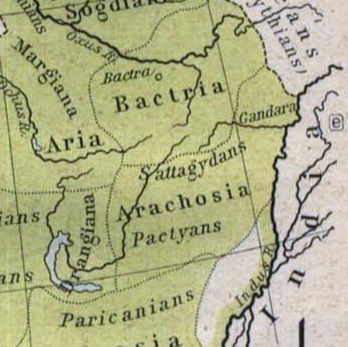|
United Nations Subregions Of Afghanistan
The United Nations has defined seven sub-regions in Afghanistan for their assistance planning, which are grouped in three regions: Northern Afghanistan North Eastern Afghanistan *Badakhshan *Baghlan *Kunduz *Takhar North Western Afghanistan *Balkh *Faryab *Jowzjan * Samangan * Sar-e Pol Central Afghanistan Eastern Afghanistan * Kunar * Laghman * Nangarhar *Nuristan Central Afghanistan *Kabul * Kapisa * Logar * Panjshir *Parwan * Wardak Western Afghanistan *Badghis *Bamyan * Farah *Ghor *Herat Southern Afghanistan South Eastern Afghanistan *Ghazni *Khost *Paktia *Paktika South Western Afghanistan *Daykundi *Helmand *Kandahar *Nimruz *Uruzgan *Zabul Zabul (Pashto/Dari: ) is one of the 34 provinces of Afghanistan, located in the south of the country. It has a population of 249,000. Zabul became an independent province from neighbouring Kandahar in 1963. Historically, it was part of the Zabu ... References {{DEFAULTSORT:Regions Of Afghanistan United Nations oper ... [...More Info...] [...Related Items...] OR: [Wikipedia] [Google] [Baidu] |
Badakhshan Province
Badakhshan Province (Persian/ Uzbek: , ''Badaxšān'') is one of the 34 provinces of Afghanistan, located in the northeastern part of the country. It is bordered by Tajikistan's Gorno-Badakhshan in the north and the Pakistani regions of Lower and Upper Chitral and Gilgit-Baltistan in the southeast. It also has a 91-kilometer (57-mile) border with China in the east. It is part of a broader historical Badakhshan region, parts of which now also lie in Tajikistan and China. The province contains 22 districts, over 1,200 villages and approximately 1 055 00people. Fayzabad, Badakhshan, Fayzabad serves as the provincial capital. Resistance activity has been reported in the province since the 2021 Taliban takeover of Afghanistan. Etymology Badakhshan's name comes from the Middle Persian word "badaxš", which is an official title. The word "ān" is a suffix which demonstrates a place's name; therefore the word "badaxšān" means a place belonging to a person called "badaxš". Duri ... [...More Info...] [...Related Items...] OR: [Wikipedia] [Google] [Baidu] |
Parwan Province
Parwan (Dari: ), also spelled Parvan, is one of the 34 provinces of Afghanistan. It has a population of about 751,000. The province is multi-ethnic and mostly rural society. The province is divided into ten districts. The town of Imam Abu Hanifa serves as the provincial capital. The province is located north of Kabul Province and south of Baghlan Province, west of Panjshir Province and Kapisa Province, and east of Maidan Wardak Province and Bamyan Province. The province famous tourism attraction is the Golghondi Hill, also known as “the flower hill,” is located in Imam Azam city of the ancient Parwan province about an hour away from the capital city of KabuAfter Panjshir this province has been considered as one of the main raising points of Afghanistan War against Soviets. The name Parwan is also attributed to a town, the exact location of which is now unknown, that supposedly existed during prehistory, in the nearby Hindu Kush mountains. Frye, Richard Nelson (1999). "Farr ... [...More Info...] [...Related Items...] OR: [Wikipedia] [Google] [Baidu] |
Kandahar Province
Kandahār ( ps, ; Kandahār, prs, ; ''Qandahār'') is one of the thirty-four provinces of Afghanistan, located in the southern part of the country, sharing a border with Pakistan, to the south. It is surrounded by Helmand in the west, Uruzgan in the north and Zabul Province in the east. Its capital is the city of Kandahar, Afghanistan's second largest city, which is located on the Arghandab River. The greater region surrounding the province is called Loy Kandahar. The Emir of Afghanistan sends orders to Kabul from Kandahar making it the de facto capital of Afghanistan, although the main government body operates in Kabul. All meetings with the Emir take place in Kandahar, meetings excluding the Emir are in Kabul. The province contains about 18 districts, over 1,000 villages, and approximately 1,431,876 people (the 6th most populous province), which is mostly tribal and a rural society. The main inhabitants of Kandahar province are the ethnic Pashtuns. They are followed by the ... [...More Info...] [...Related Items...] OR: [Wikipedia] [Google] [Baidu] |
Helmand Province
Helmand (Pashto/Dari: ; ), also known as Hillmand, in ancient times, as Hermand and Hethumand, is one of the 34 provinces of Afghanistan Afghanistan is divided into 34 provinces (, '' wilåyat''). The provinces of Afghanistan are the primary administrative divisions. Each province encompasses a number of districts or usually over 1,000 villages. Provincial governors played a cr ..., in the south of the country. It is the largest province by area, covering area. The province contains 13 Districts of Afghanistan, districts, encompassing over 1,000 villages, and roughly 1,446,230 settled people. Lashkargah serves as the provincial capital. Helmand was part of the ''Loy Kandahar, Greater Kandahar'' region until made into a separate province by the Politics of Afghanistan, Afghan government in the 20th century. The Helmand River flows through the mainly desert region of the province, providing water used for irrigation. The Kajaki Dam, which is one of List of dams and reservoi ... [...More Info...] [...Related Items...] OR: [Wikipedia] [Google] [Baidu] |
Daykundi Province
Daykundi ( prs, دایکندی) also spelled as Daikundi, Daykondi, Daikondi or Dai Kundi, is one of the thirty-four provinces of Afghanistan, located in the central part of the country. It has a population of about 516,504, and is a Hazara Province. Daykundi Province was carved out of the northern part of Uruzgan Province in 2004, becoming a separate province. It falls into the traditionally ethnic Hazara region known as the Hazaristan (Hazarajat) and the provincial capital is Nili. It is surrounded by Bamyan Province in the northeast, Ghazni Province in the southeast, Uruzgan Province in the south, Helmand Province in the southwest, and Ghor Province in the northwest. History Daykundi was established on March 28, 2004, when it was created from the isolated Hazara-dominated northern districts of neighboring Uruzgan Province. Development and security The province maintains its own security through the Afghan police and military. While the Government of Afghanistan, NGOs, th ... [...More Info...] [...Related Items...] OR: [Wikipedia] [Google] [Baidu] |
Paktika Province
Paktika (Pashto/Dari: ) is one of the 34 provinces of Afghanistan, located in the eastern part of the country. Forming part of the larger Loya Paktia region, Paktika has a population of about 789,000, mostly ethnic Pashtuns. The town of Sharana serves as the provincial capital, while the most populous city is Urgun. In 2021, the Taliban gained control of the province during the 2021 Taliban offensive. Geography Paktika sits adjacent to the Durand Line border between Pakistan and Afghanistan. It is bordered by the Khost and Paktia provinces to the north. The western border is shared with the provinces of Ghazni and Zabul. The South Waziristan and North Waziristan agencies are to the east of Paktika, while Zhob District of the Balochistan province of Pakistan borders it the southeast. The Shinkay Hills run through the center of Paktika; Toba Kakar Range runs along the border with Pakistan. The Southern districts are intermittently irrigated and cultivated, the center and north ... [...More Info...] [...Related Items...] OR: [Wikipedia] [Google] [Baidu] |
Paktia Province
Paktia (Pashto/Dari: – ''Paktyā'') is one of the 34 provinces of Afghanistan, located in the east of the country. Forming part of the larger Loya Paktia region, Paktia Province is divided into 15 districts and has a population of roughly 623,000, which is mostly a tribal society living in rural areas. Pashtuns make up the majority of the population and a small percentage include Tajiks Gardez is the provincial capital. The traditional food in Paktia is known as (dandakai) which is made from rice and mung bean or green gram. In 2021, the Taliban gained control of the province during the 2021 Taliban offensive. History Paktia used to be a unified province with Khost and Paktika till Khost became a separate province in 1985. These three provinces are now referred to as ''Loya Paktia'', meaning "Greater Paktia". Paktia came to prominence during the 1980s, when a significant portion of Afghanistan's leadership originated from the province. Some of the more notable leaders inc ... [...More Info...] [...Related Items...] OR: [Wikipedia] [Google] [Baidu] |
Khost Province
Khost (Pashto/Dari: ) is one of the 34 provinces of Afghanistan, located in the southeastern part of the country. Khost consists of thirteen districts and the city of Khost serves as the capital of the province. To the east, Khost Province is bordered by North Waziristan and Kurram, which are districts in Pakistan’s Khyber Pakhtunkhwa province. Historically, Khost used to be a part of Paktia, and the larger region surrounding Khost is still referred to as Loya Paktia. Throughout history, the province has been the site of numerous rebellions, leading to the local Pashtun populace to consider themselves the “traditional king-makers in Kabul”. The province was previously known as the Southern Province, and was united with neighbouring Paktia. Khost is also home to numerous Universities, including Shaikh Zayed University, which is the only University in Afghanistan with a faculty in computer science. As of 2021, it was estimated that the population of the province stood at ... [...More Info...] [...Related Items...] OR: [Wikipedia] [Google] [Baidu] |
Ghazni Province
Ghazni (Dari: ) is one of the 34 provinces of Afghanistan, located in southeastern Afghanistan. The province contains 19 districts, encompassing over a thousand villages and roughly 1.3 million people, making it the 5th most populous province. The city of Ghazni serves as the capital. It lies on the important Kabul–Kandahar Highway, and has historically functioned as an important trade center. The Ghazni Airport is located next to the city of Ghazni and provides limited domestic flights to Afghanistan's capital, Kabul. Ghazni borders the provinces of Maidan Wardak, Logar, Paktia, Paktika, Zabul, Uruzgan, Daykundi and Bamyan. Etymology The province was known as Ghazna in the 10th century, during and after the Ghaznavid era. History Ghazni was a thriving Buddhist center before and during the 7th century AD. Excavations have revealed religious artifacts of both Hindu and Buddhist traditions. In 644 AD, the Chinese pilgrim Xuanzang visited the city of Jaguda (probably G ... [...More Info...] [...Related Items...] OR: [Wikipedia] [Google] [Baidu] |
Herat Province
Herat (Persian: ) is one of the thirty-four provinces of Afghanistan, located in the north-western part of the country. Together with Badghis, Farah, and Ghor provinces, it makes up the north-western region of Afghanistan. Its primary city and administrative capital is Herat City. The province of Herat is divided into about 17 districts and contains over 2,000 villages. It has a population of about 3,780,000, making it the second most populated province in Afghanistan behind Kabul Province. The population is multi-ethnic but largely Persian-speaking. Herat dates back to the Avestan times and was traditionally known for its wine. The city has a number of historic sites, including the Herat Citadel and the Musalla Complex. During the Middle Ages Herat became one of the important cities of Khorasan, as it was known as the Pearl of Khorasa The province of Herat shares a border with Iran in the west and Turkmenistan in the north, making it an important trading region. The Trans-Afg ... [...More Info...] [...Related Items...] OR: [Wikipedia] [Google] [Baidu] |
Ghor Province
Ghōr (Dari: ), also spelled Ghowr or Ghur, is one of the thirty-four provinces of Afghanistan. It is located in the western Hindu Kush in central Afghanistan, towards the northwest. The province contains eleven districts, encompassing hundreds of villages, and approximately 764,472 settled people. Firuzkoh (called Chaghcharan until 2014) serves as the capital of the province. Etymology The ancient Indo-European, Sogdian ''gor-''/''gur-'' ("mountain"-) is well preserved in all Slavic ''gor-''/''gór- (goor-/gur-)'', e.g.: Gorals, Goran, Goranci, Góra, Gora..., in Iranian languages, e.g.: Gorani language, Guran (Kurdish tribe)... and even in India and Nepal, e.g.: Gurkha. The Polish notation using ''gór-'' ("ó" stands for a sound between English "oo" and "u") instead of the popular ''gur-'' or ''ghur-'' preserves the ancient orthography. History The inhabitants of Ghor were completely Islamized during the Ghurids era. Before the 12th century, the area was home to Hi ... [...More Info...] [...Related Items...] OR: [Wikipedia] [Google] [Baidu] |
Farah Province
Farah (Dari: , ''Farā'') is one of the 34 provinces of Afghanistan, located in the southwestern part of the country next to Iran. It is a spacious and sparsely populated province, divided into eleven districts and contains hundreds of villages. It has a population of about 563,026, which is multi-ethnic and mostly a rural tribal society. Farah's population is dominated by Pashtun (80%) tribesmen (Alizai, Barakzai,Noorzai) although Tajiks and a small minority of Shi'a Hazaras can also be found in the countryside. The Farah Airport is located near the city of Farah, which serves as the capital of the province. Farah is linked with Iran via the Iranian border town of Mahirud. The province famous tourism sites include Pul Garden, New Garden, Kafee Garden, shrine of Sultan Amir and Kafer castle are from sightseeing places of Farah provinc Geographically the province is approximately , making it (comparatively) more than twice the size of Maryland, or half the size of South Korea. Th ... [...More Info...] [...Related Items...] OR: [Wikipedia] [Google] [Baidu] |
